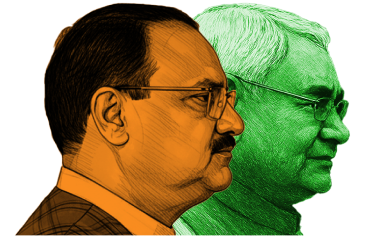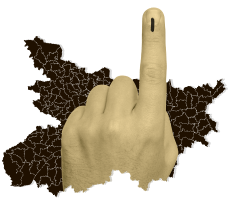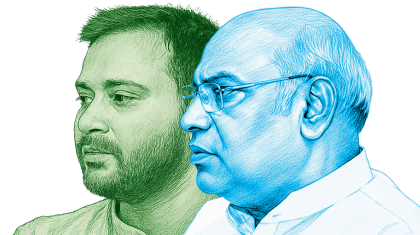
 Bihar
Bihar

The counting of votes for the high-stakes Bihar Assembly Elections 2025 has begun. Voting was held in two round to elect a new 243-seat Legislative Assembly in Bihar. Any party or coalition needs at least 122 seats to form the next government. Bihar witnessed a record turnout of 66.91% in the two phases of voting on November 6 and 11.
The ruling National Democratic Alliance (NDA) faces a challenge from the opposition Mahagathbandhan, with nine-time Chief Minister Nitish Kumar's governance record pitted against Tejashwi Yadav's social justice push. Another factor to watch out for is election strategist Prashant Kishor's new Jan Suraaj party, which hopes to make an impact in its debut outing.
How Bihar's traditional caste-based politics influences voting patterns will be a key factor. Another decisive factor could be women voters, who surpassed men in overall voting this time.